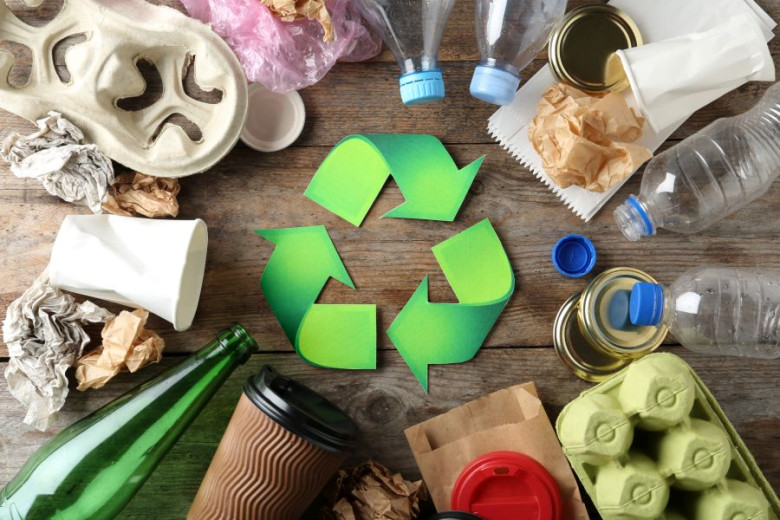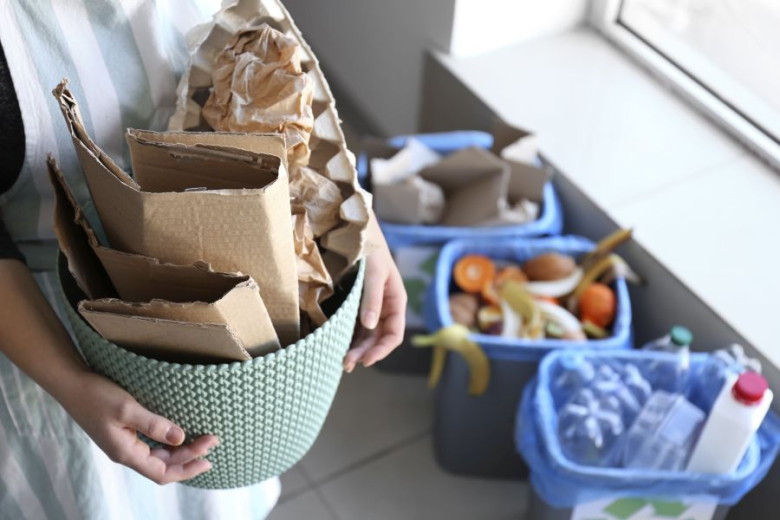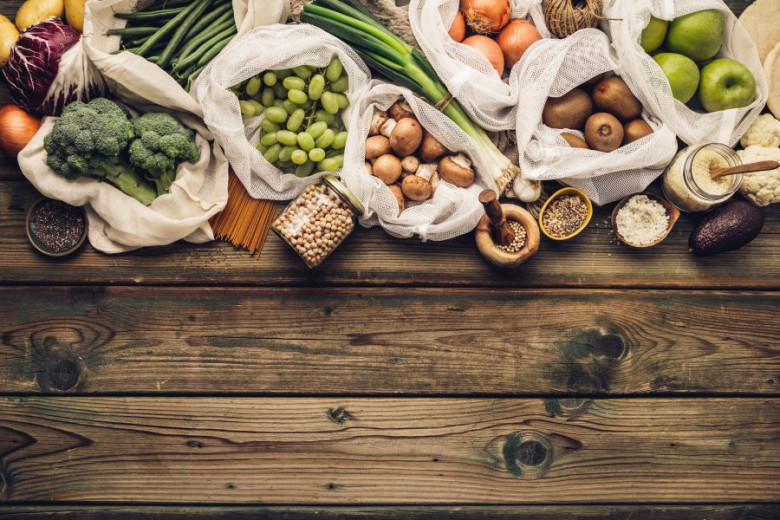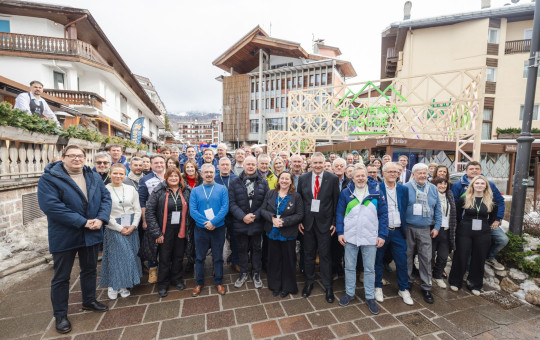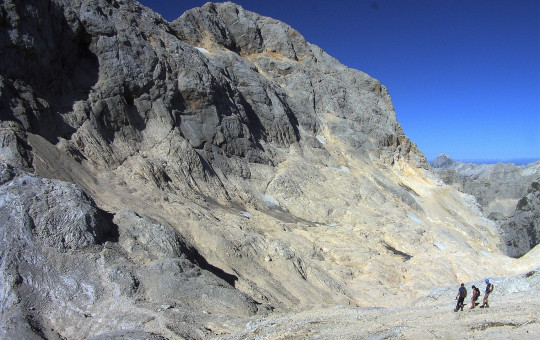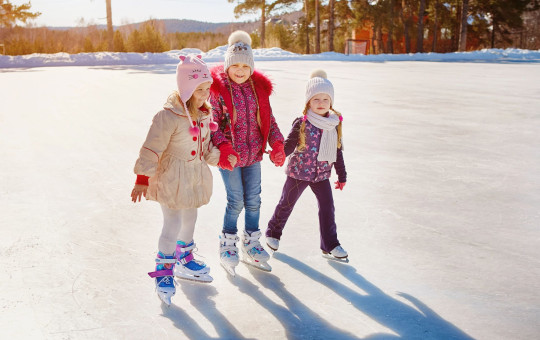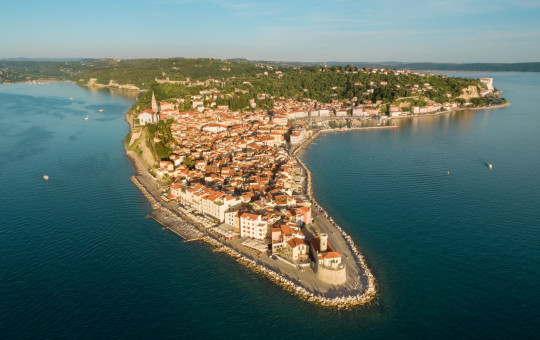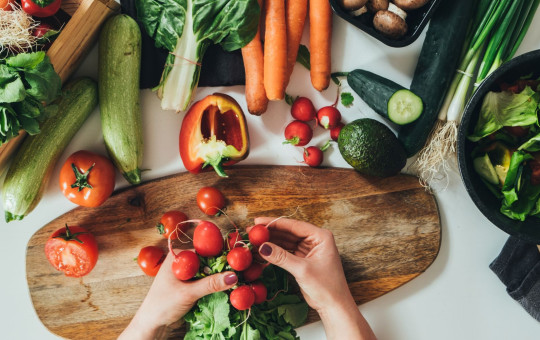Date: 23. November 2023
Time to read: 2 min
The European Week for Waste Reduction, taking place from 18 to 26 November, is the EU's biggest environmental project aimed at raising awareness about waste reduction.
Packaging is in the focus of this year's European Week for Waste Reduction. Statistics show that packaging waste is increasing, despite many measures and initiatives to reduce it, not least due to the growth of online shopping and food delivery. The total amount of packaging waste in the EU increased from 66 million tonnes in 2009 to 78.5 million tonnes in 2019, which is around 173 kilograms per capita.
In Slovenia, around 317,000 tonnes of packaging waste was generated in 2022.
Packaging comprises 30% of all municipal waste generated, with a third of packaging waste collected last year as mixed packaging and a third as paper and cardboard. Glass, wood and plastic packaging accounted for one tenth each.
Packaging waste is thus a major problem in today's society, linked on the one hand to the way products are produced, as more packaging is often used than necessary, and on the other hand to consumption, as large amounts of packaging waste are generated every day.
Individuals, however, can make a significant contribution to reducing packaging waste by changing their behaviour and shopping habits. This includes drinking tap water – bottled water generates around 1.5 million tonnes of plastic waste worldwide each year – and reusing packaging.
Proper waste separation is also important. This is the only way to properly reuse, recycle and incinerate packaging waste.
The European Commission has adopted legislation to ensure that only packaging that can be reused or recycled can remain on the market after 2030.
Source: STA, SURS

